Description
Africa is on the move, demonstrating in recent years a significant potential for economic growth. Although the region still faces many challenges, it is also generating pockets of economic vitality in the form of enterprise clusters that are contributing to national, regional, and local productivity. These clusters, or geographically proximate groups of firms engaged in related economic activities, have enabled enterprises to access and develop capital, skills, technology, and markets and to grow and compete by diffusing knowledge and technological know-how more effectively among their members. They have been able to tap into global knowledge and technology stocks, and have encouraged product specialization by leveraging local comparative advantage, fostering production value chains, and achieving gains in efficiency. By generating employment and income, these clusters have helped lift African families out of poverty. However, in today’s increasingly knowledge-intensive and competitive global economy, they also face serious challenges.
This book aims to provide an understanding of how these dynamic enterprise clusters in Africa were formed and have evolved, and how knowledge, human capital, and technology have contributed to their success. It also lays out the challenges and constraints they face while moving forward. These case studies from Ghana, Kenya, Mauritius, Nigeria, South Africa, Tanzania, and Uganda will be of interest to a broad range of development professionals. They are meant to raise awareness of this private sector growth dynamic and to help World Bank staff in the region, country governments, and donors in working with the clusters as they strive to scale up their operations. Although some broad policy implications have been drawn from the cases, they are by no means uniformly applicable across sectors and regions, and much more work is needed to make them operationally meaningful.



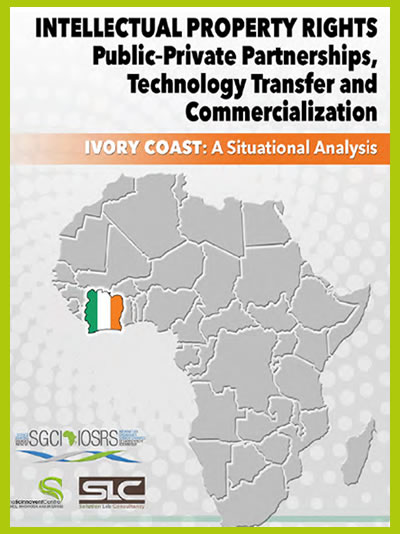
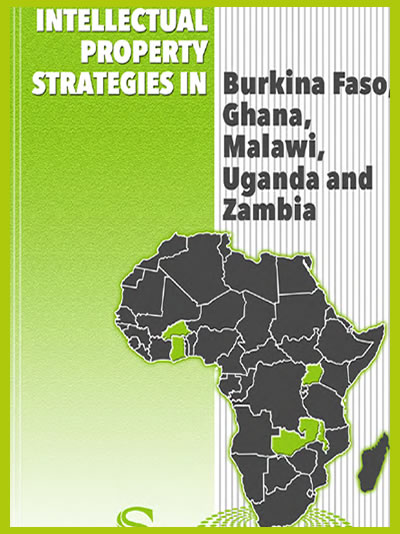
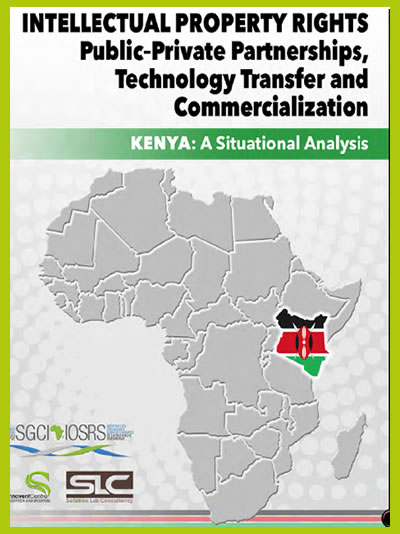
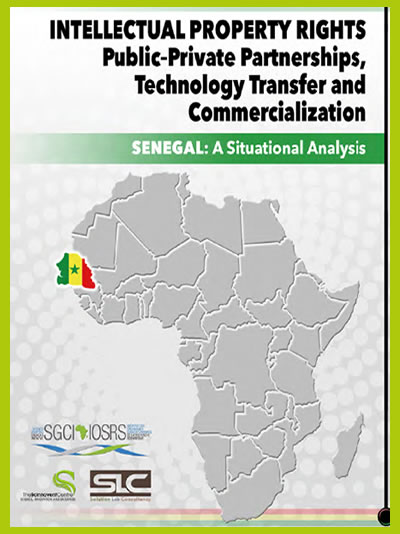
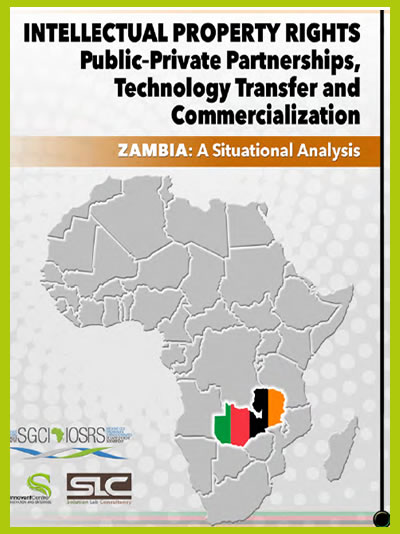

Reviews
There are no reviews yet.